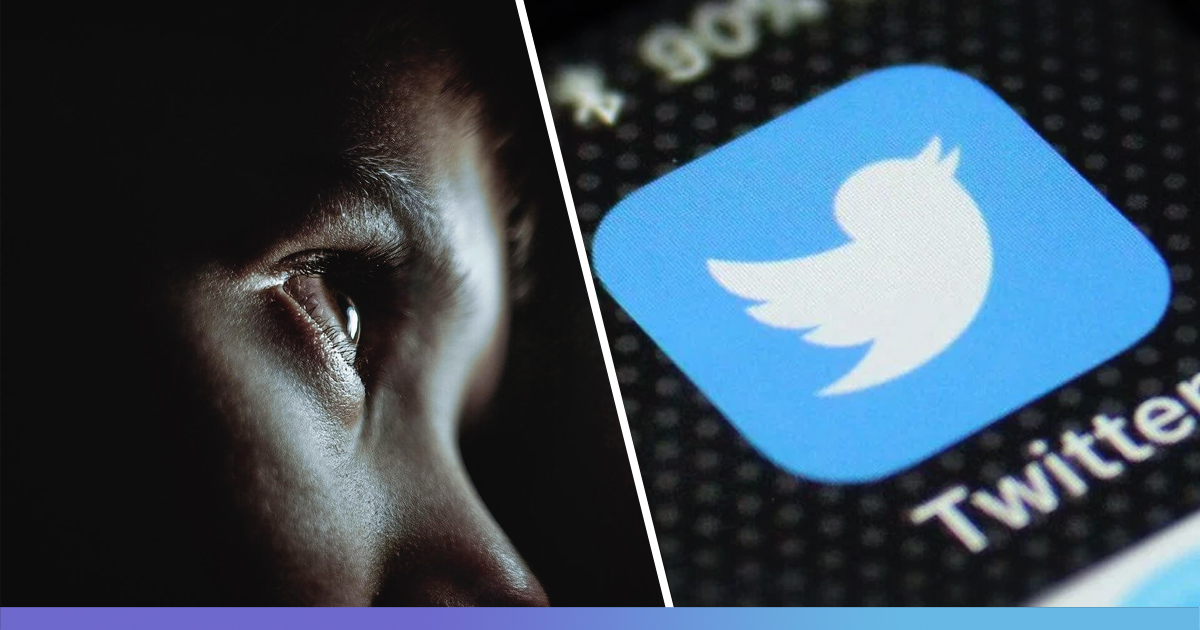UK-based Internet Watch Foundation (IWF) has revealed that nearly half of the child abuse content on social media is being shared openly on Twitter.
According to the IWF data, 49 per cent of the images, videos and URL links it found on social media, search engines and cloud services in the last three years were on Twitter, “making up to 1,396 of the total 2,835 incidents.”
The data shows a looming threat, as the child abuse images and videos were available for anyone to see. The IWF helps minimise the availability of online sexual abuse content, hosted anywhere in the world. “We search for child sexual abuse images and videos and offer a place for the public to report them anonymously. We then have them removed,” the company website read.
However, this UK online abuse watchdog can find child abuse material on the open web, but cannot scan for abuse images in messaging apps or even closed Facebook groups. It only released figures for the number of incidents that had been verified as child abuse by human analysts and not the total number of reports flagged by its scanning software. This means that the actual numbers are likely to be higher.
The IWF said that the figures show the number of child abuse images and URLs being openly hosted on popular sites is increasing every year, with 742 incidents found in 2016, 1,016 in 2017 and 1,077 in 2018.
A Twitter spokesperson replied to the IWF report: “We have serious concerns about the accuracy of these figures and the metrics used to produce them. We will continue to work with the IWF to address their concerns and improve the accuracy of their data”.
“The industry needs to eradicate this horrific material from there services and Twitter in particular needs to get its house in order,” John Carr OBE, secretary of the Children’s Charities’ Coalition for Internet Safety told The Telegraph.
“The IWF found 72 incidents of abuse being openly hosted on Facebook, 18 on its sister site Instagram and 22 on YouTube,” the report said.
Microsoft’s Bing search engine ranked second in the IWF report, with 604 URLs recorded between 2016 and 2018, followed by Amazon with 375 and Google with 348.
“Our data is accurate and recorded fairly and consistently regardless of where we find child sexual abuse material,” Susie Hargreaves OBE, CEO of the IWF said. Earlier reports claimed that Microsoft’s search engine Bing is still serving child porn, and certain search terms on the platform brought up child porn images and related keywords.
The tech giant has long been at the forefront of combating abuse imagery, even creating a detection tool called “PhotoDNA” almost a decade ago. In 2018, the IWF found and took down 105,047 URLs hosting child abuse images.
Also Read: Twitter Announces Ban On Political Ads On Its Platform; Pressure Building On Facebook











